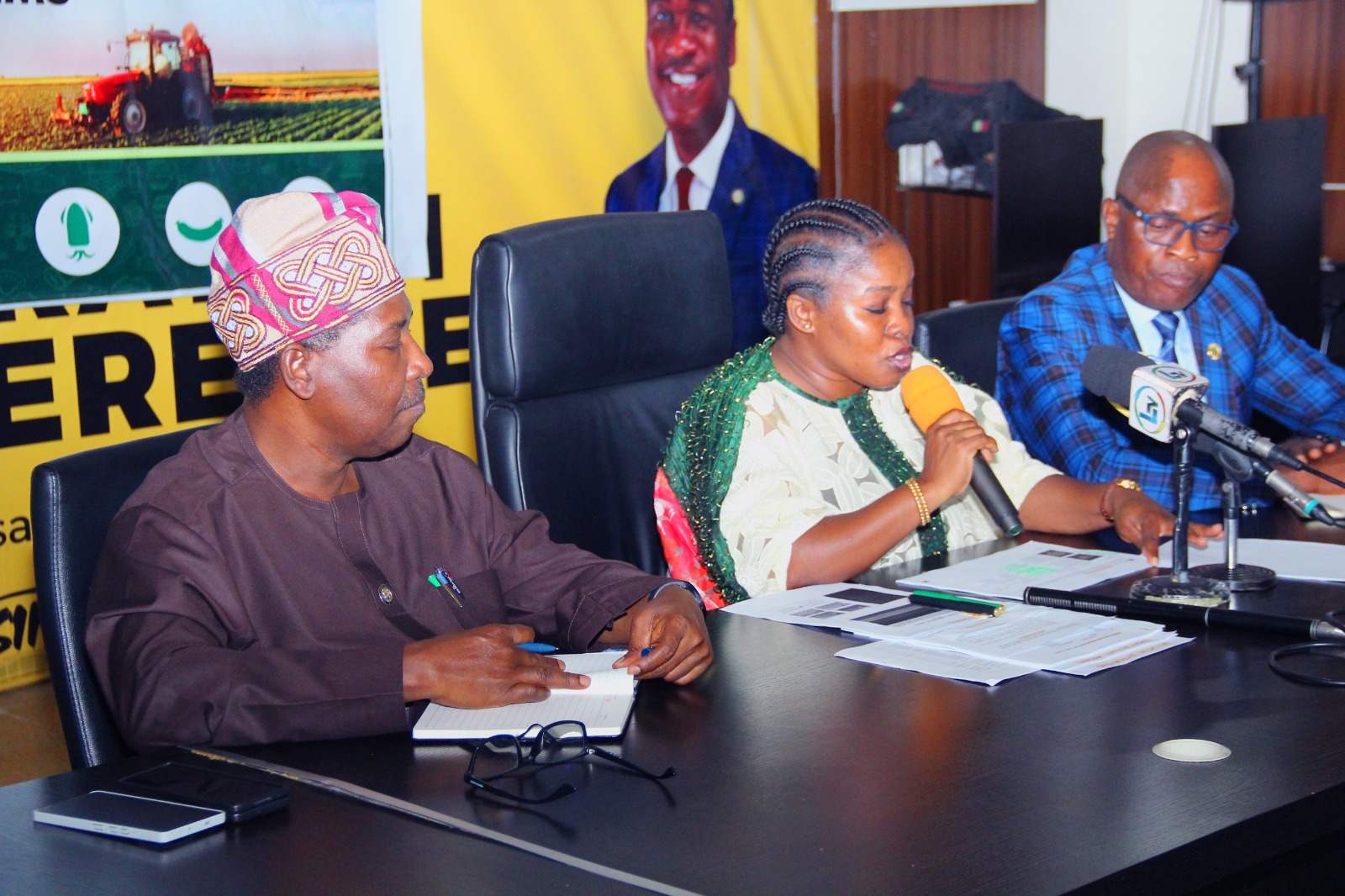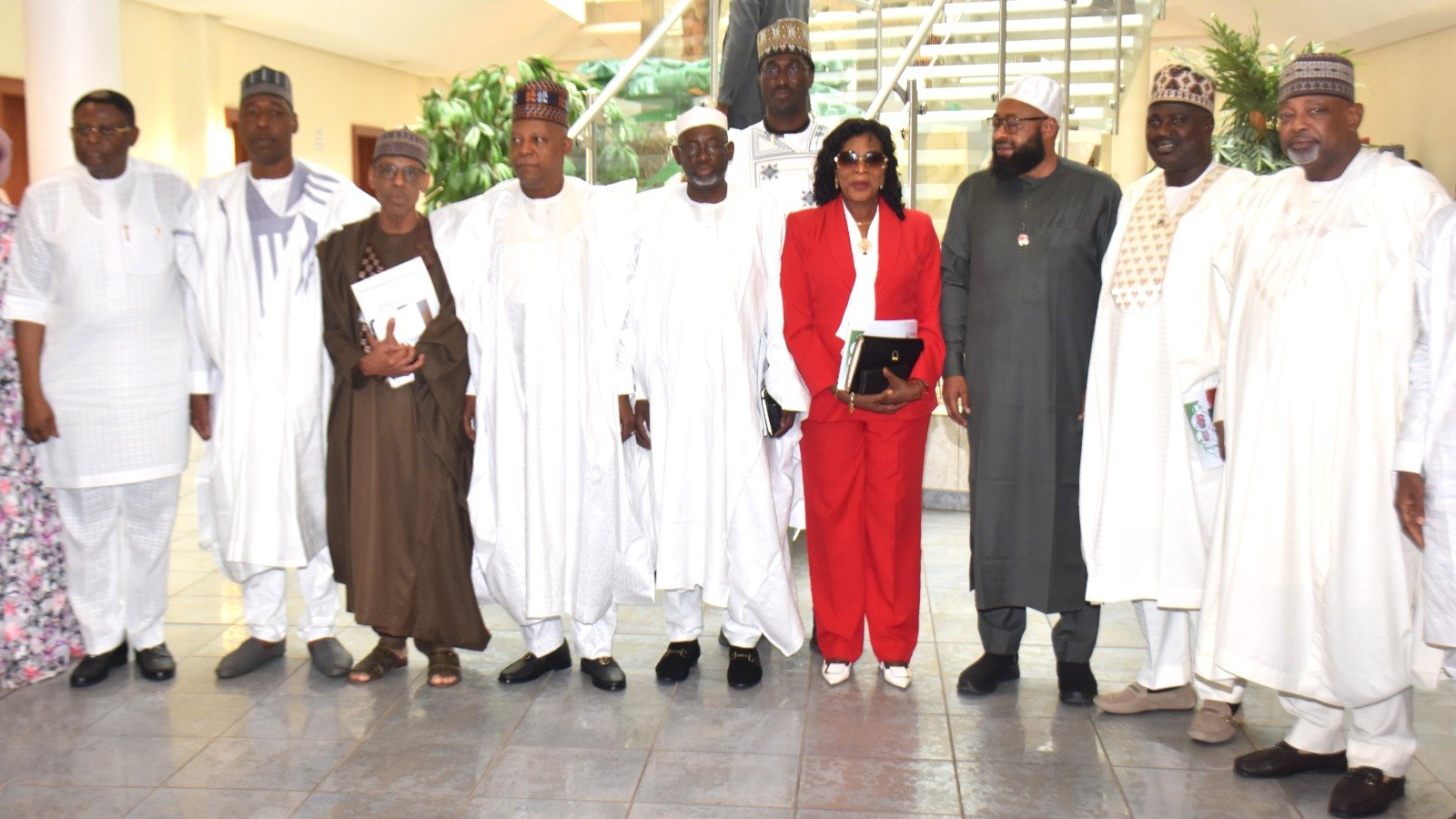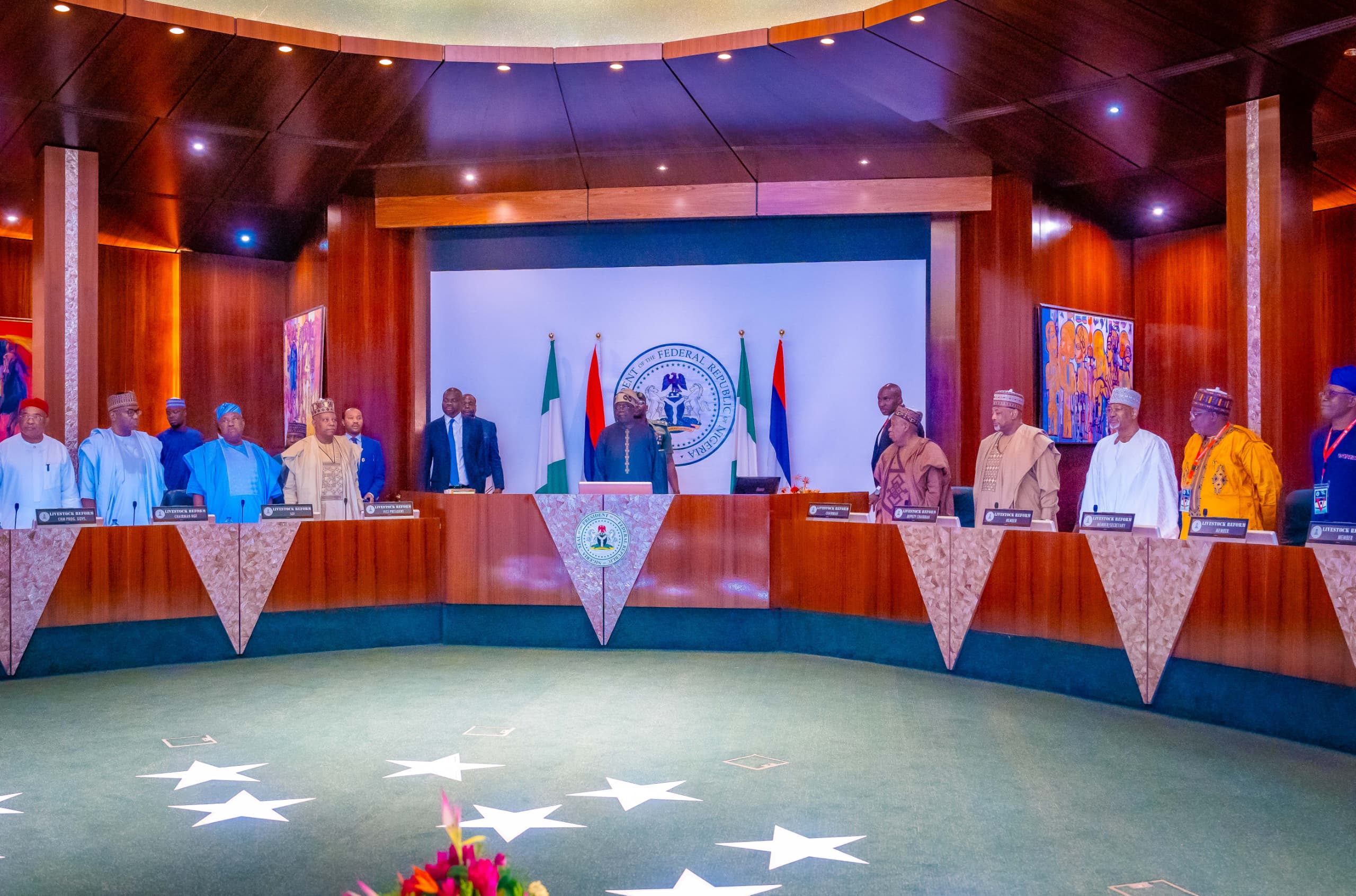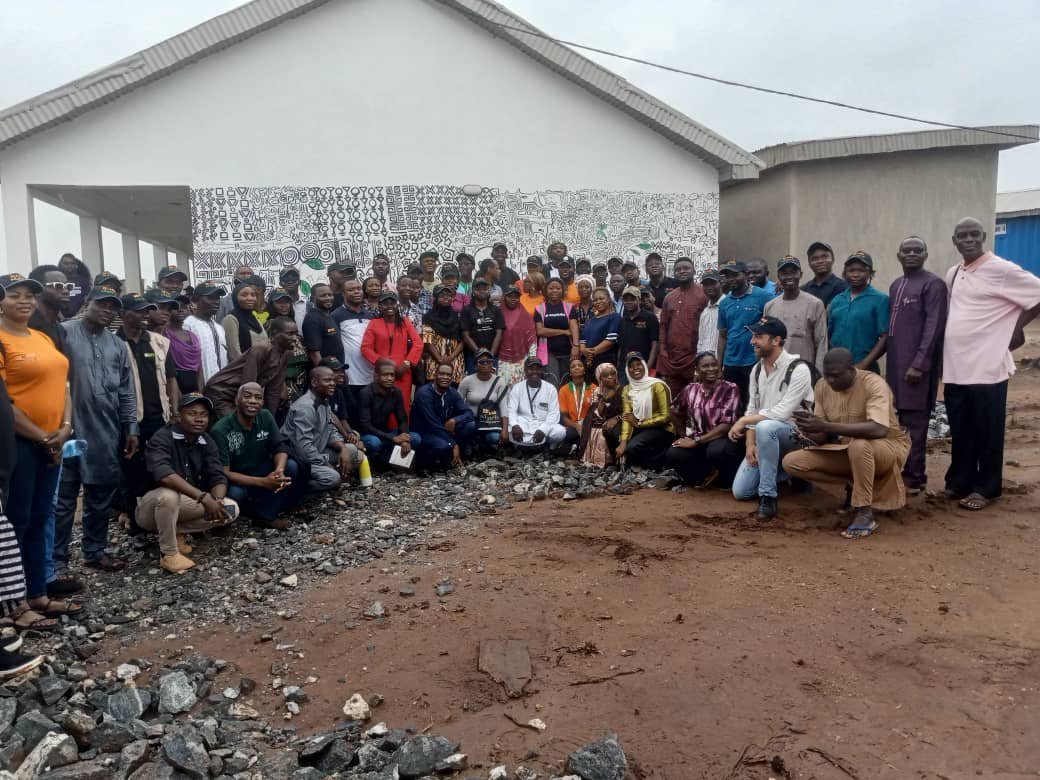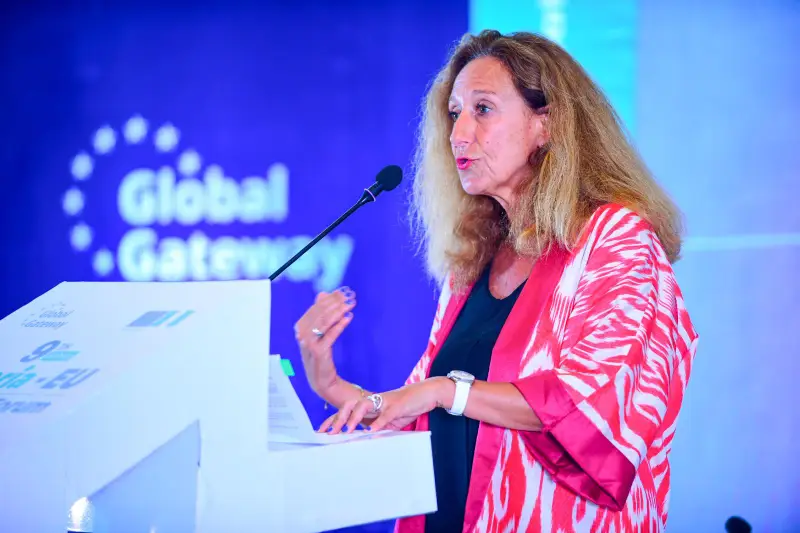Lagos records N918m sales in Mushin food hub
By Mercy Omoike
The Lagos State Government said it recorded N918 million sales within 40 market days of its premier food hub at the Mushin area.
The state Commissioner for Agriculture and Food Systems, Ms Abisola Olusanya, disclosed this at a news conference on Wednesday.
The News Agency of Nigeria (NAN) reports that the briefing was organised to enlighten residents on the initiatives introduced by the state government to ameliorate the current food crisis.
NAN reports that the Lagos State Governor, Babajide Sanwo-Olu, in December 2023 inaugurated the newly constructed middle-level food agro-hub in Idi-Oro, Mushin.
It was introduced to proffer a new way of food distribution in the state and tackle rising food costs as well as address post-harvest losses.
According to the commissioner, the impact of the Mushin food hub is still being felt, as a means of discounting food items by the state government.
“The Mushin food hub is one of many that we should have in the state. The impact of the hub is still being felt up to now.
“We started off with only Saturdays as the market days and subsequently in the month of March we added Wednesdays. We have 339 registered vendors working with us in multiple food items.
“In this 40 days of the market’s operation, we have recorded food transactions of almost N1 billion, precisely, N918 million transactions at the Mushin hub with the 339 vendors,” Olusanya said.
She said that over 180,000kg of rice had been sold within the period.
“Over 26,000kg of garri, over 18,318 kilos of poultry meats, and over 55,000 crates of eggs have been sold in this one facility, as well as many other food items but these are just the ones we felt were critically not to mention.
“And considering the fact that the Lagos State Government has not charged any vendor to operate in this vicinity, in last six months no vendor has been charged.
“When you consider the volume of transactions and scale of what is happening at the hub, it is a form of subsidising food prices for Lagos residents.
“You can only imagine what it costs to keep the hub running but due to our role in ensuring that food prices stabilises and is kept down, we can continue the operations of the hub.
“The Mushin Food Hub is just one of many as you can see that for the first time, we can give data around the quantity of specific food items coming into the market,” Olusanya said.
She also noted the food hub gives an opportunity to get data of food pricing system and cushion the costs of prices.(NAN)
Edited by Chinyere Joel-Nwokeoma




